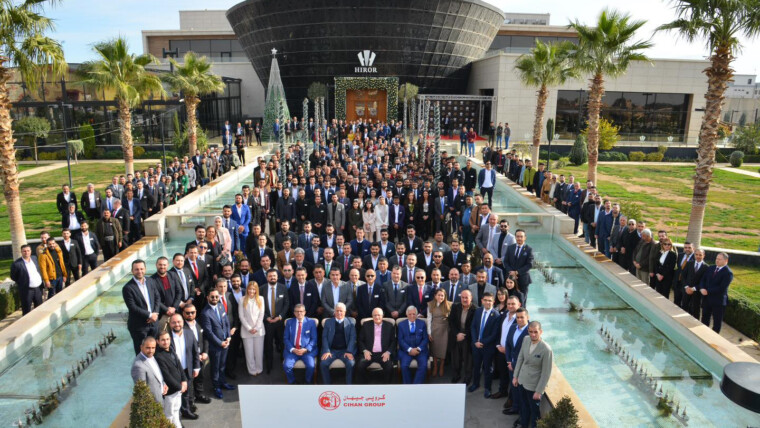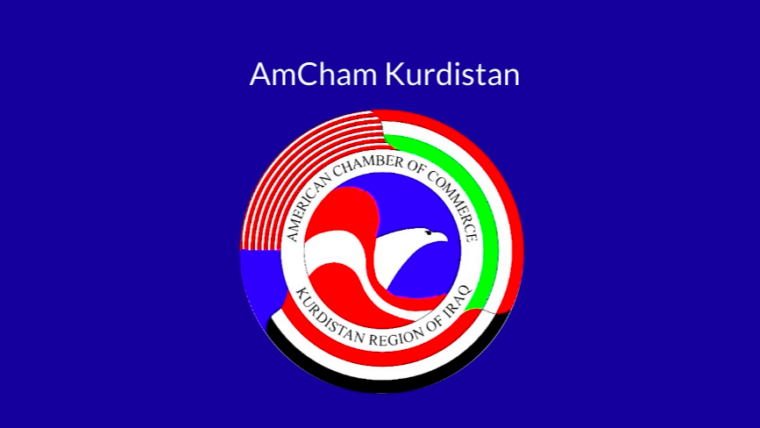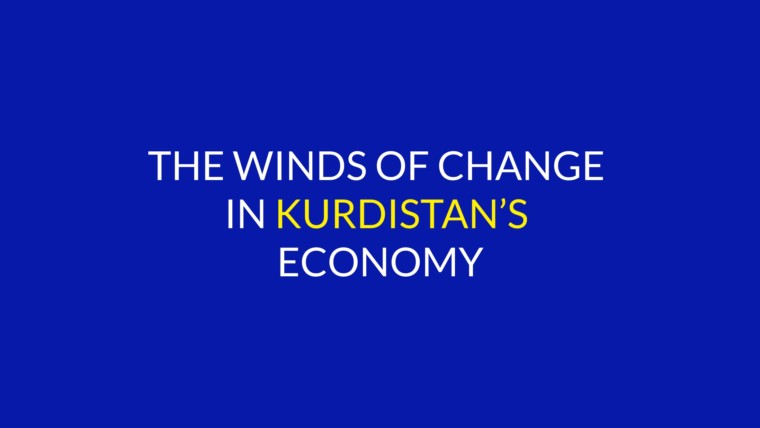Iraqi Kurdistan’s ICT sector started from almost nothing in 2008, and has since become one of Kurdistan’s most well-developed sectors.
01. The Kurdistan Regional Government (KRG) is fully behind ICT’s continued growth, an indication of the importance of this industry to Kurdistan’s future economic development plans. The KRG is committed to bringing best practices to the implementation of ICT in government services. The public sector is quickly developing its own hardware to make the KRG work more effectively and efficiently.
02. The ICT sector has witnessed continuous growth in recent years, with the number of young people working in the sector increasing. The ICT industry has the potential to become one of the drivers of employment in Kurdistan in the long term.
03. The provision of Internet services in the KRI started from a low baseline– the first international cables to bring data in and out of the KRI were only established in 2008. Since then, distribution and penetration have grown quickly. In addition, service and pricing for international data have greatly improved in the KRI in the last decade.
04. Internet penetration rates have been climbing steeply, with major growth in local Internet service providers. There were 335,740 subscribers in the KRI in 2010. This number had increased to over 3 million in 2020.
05. Currently, three major telecom companies are licensed to provide Internet services nationwide (Zain Iraq, Asiacell, and Korek Telecom). In addition, while there were only 26 ISPs in the KRI in 2010, there are over 60 companies that have been licensed by the KRG’s Ministry of Transportation and Communications to provide data services as of 2020.
Subscribers for the major companies (Iraq)
Zain Telecom: 16.4m – Asiacell: 14.6m – Korek: 7.2m – Mobitel: 1.1m Fastlink: 791K – Tishknet: 496K
06. While major mobile operators provide 3G Internet to smartphone users, the use of the latest technologies in wireless data transmission, including 4G, is also available to computer users in the KRI. Mobile penetration rates, already relatively high at over 94% within the KRI, are continuing to rise.
07. The young demographics of the KRI (median age being 20) suggest that there are long-term growth prospects in the sector. The younger generation is increasingly present on the Internet, particularly in social media. Demand for ICT services will therefore continue to grow in terms of speed, cost, capacity and Internet quality. Moreover, companies outside of the ICT sector will be increasingly reliant on social media use for public outreach and advertising.
08. The ongoing growth of the ICT sector in Kurdistan depends on a regulatory environment, which is essential for the growth of the sector. It is forecasted that the mobile industry’s contribution to the Kurdish economy will continue to increase. If the KRG can create a fair regulatory environment, the Region will promote innovation enabled by IT & Telecoms technologies and services.







